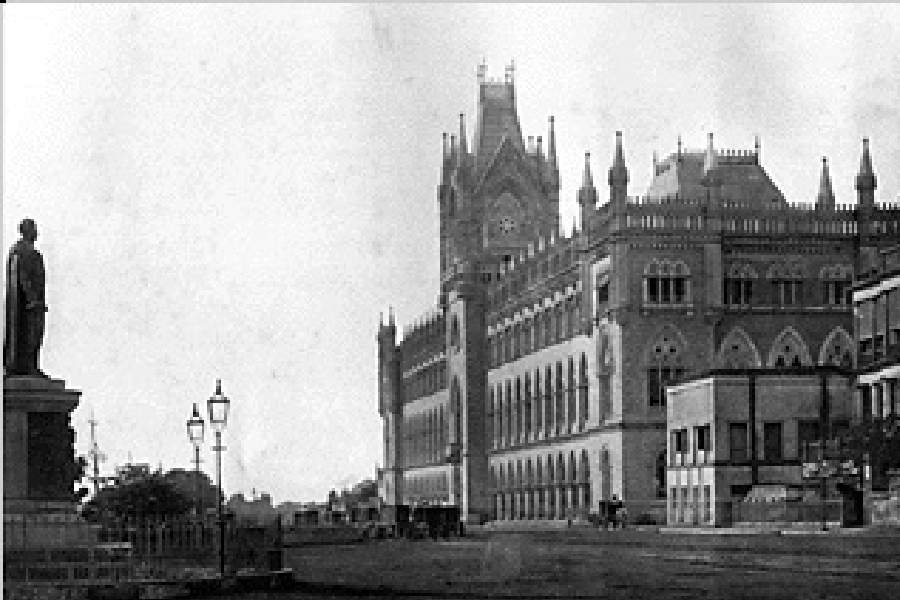The death of Rajah Christenauth Roy Bayadoor in Calcutta on this day made the Privy Council deliberate whether the English practice of forfeiture following a suicide was applicable in the case of a subject of the British Raj.
On October 31, 1844, on the death of the Rajah, a second will was discovered, which had been written by him that morning, and which left a portion of his estate to the East India Company. The rajah had killed himself. His widow, Ranee Surnomoyee, challenged the validity of this will, on the grounds that it was not written in sound mind. The court ruled in favour of Ranee Surnomoyee and said the second will was invalid.
The East India Company then appealed to the Privy Council against this verdict, citing the law of forfeiture in suicide cases. The appeal argued that English law applied to the colonies, and therefore the law of forfeiture, following suicide, also would. But the Privy Council said it was confused at the application of such law in the case of a Hindu and allowed the descendants of the Rajah to retain the property.
